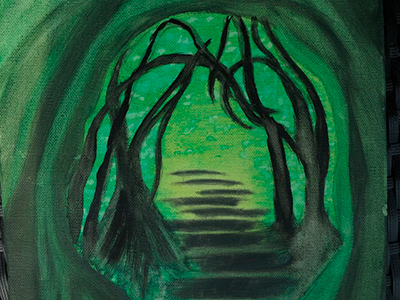Between Husserl and Heidegger: The articulation of time or the configuration of space; the appropriation of time and the facticity of experience
Main Article Content
Abstract
We intend to give an overview of the Husserlian work, which explains the subsequent evolution to Ideas. From it a comparison with Heidegger is made, particularly in order to specify the built-in character of human intelligence. We will then be able to consider Leonardo Polo’s proposal on the status of the human body latent under intellection.
Downloads
Article Details

This work is licensed under a Creative Commons Attribution-NonCommercial-NoDerivatives 4.0 International License.
Authors retain ownership of copyright and reproduction rights.
Authors may make other independent and additional contractual arrangements for non-exclusive distribution of the version of the article published in this journal (e.g., inclusion in an institutional repository or publication in a book) as long as they clearly indicate that the work was first published in this journal.
Authors are allowed and encouraged to publish their work on the Internet (e.g. on institutional or personal websites) after the review and publication process, as it may lead to productive exchanges and to a wider and faster dissemination of the published work.
References
García Baró, M.: Husserl (1859-1938). Madrid: Del Orto, 1997.
Millán Puelles, A.: El problema del ente ideal. Un examen a través de Husserl y Hartmann (Madrid 1947). En Obras completas, v. I. Madrid: Rialp, 2012.
Cabrera, M.: “Cartesianismo, fenomenología y solipsismo”. Dianoia. México 30, 1984, 103-10.
Vicente Arregui, J.: “El ser humano como ser corporal. La corporalidad vivida”. Vicente Arregui-García (eds.): Significados corporales. Málaga: Contrastes nº 11, 2006; pp. 15-92.
Rodríguez Suárez, L. P.: “Heidegger y el fenómeno del cuerpo”. Themata. Sevilla 46, 2012, 209-16.
Rojas, A.: “La filosofía de Heidegger como pretensión enmascarada de su propio autoconocimiento”. Argos, Caracas 97, 2014, 97-119.
Polo, L. Curso de teoría del conocimiento, v. III. Edición de las Obras completas. Pamplona: Eunsa, 2016; lección décima, pp. 327-71.
Saumells, R.: La geometría euclídea como teoría del conocimiento. Madrid: Rialp, 1970.

